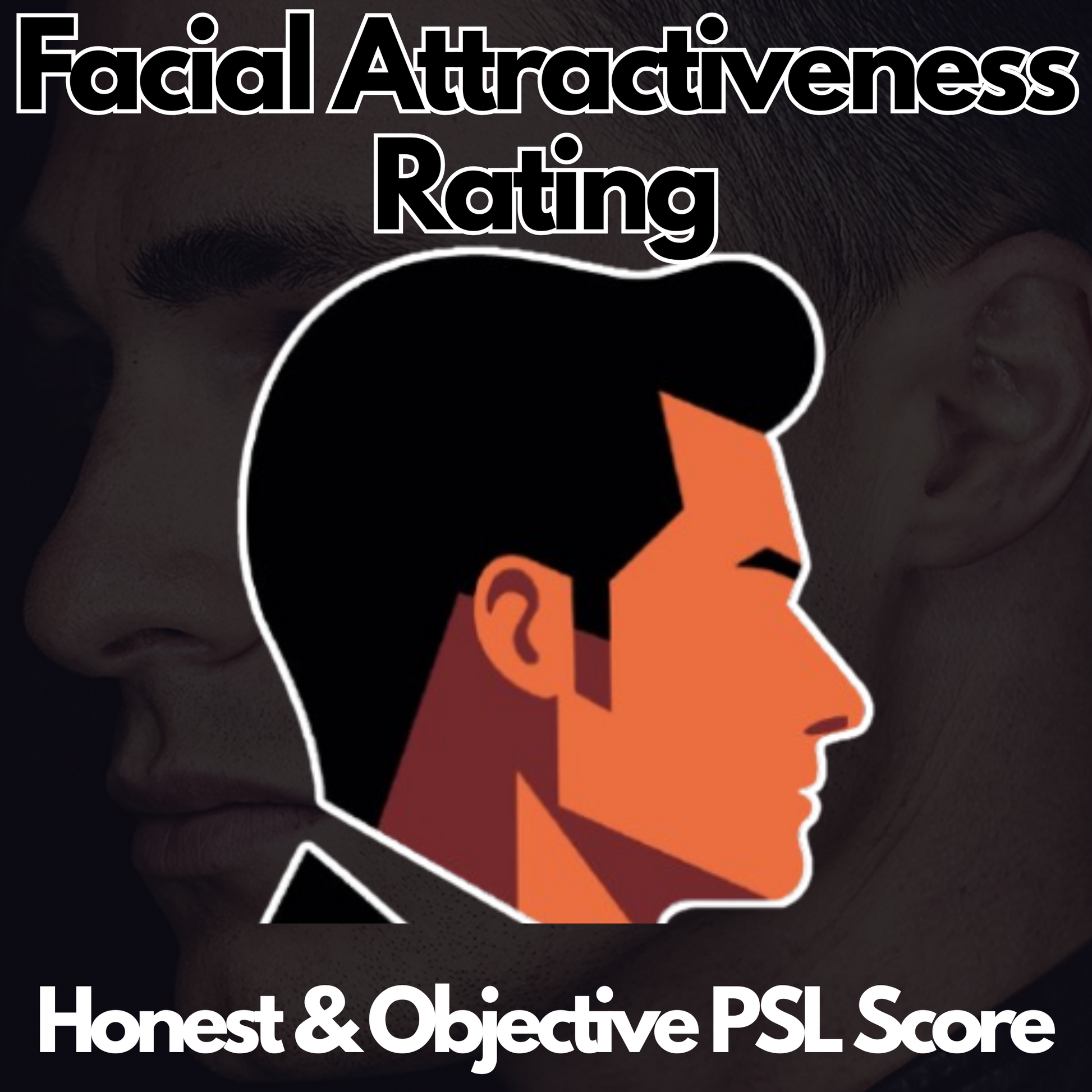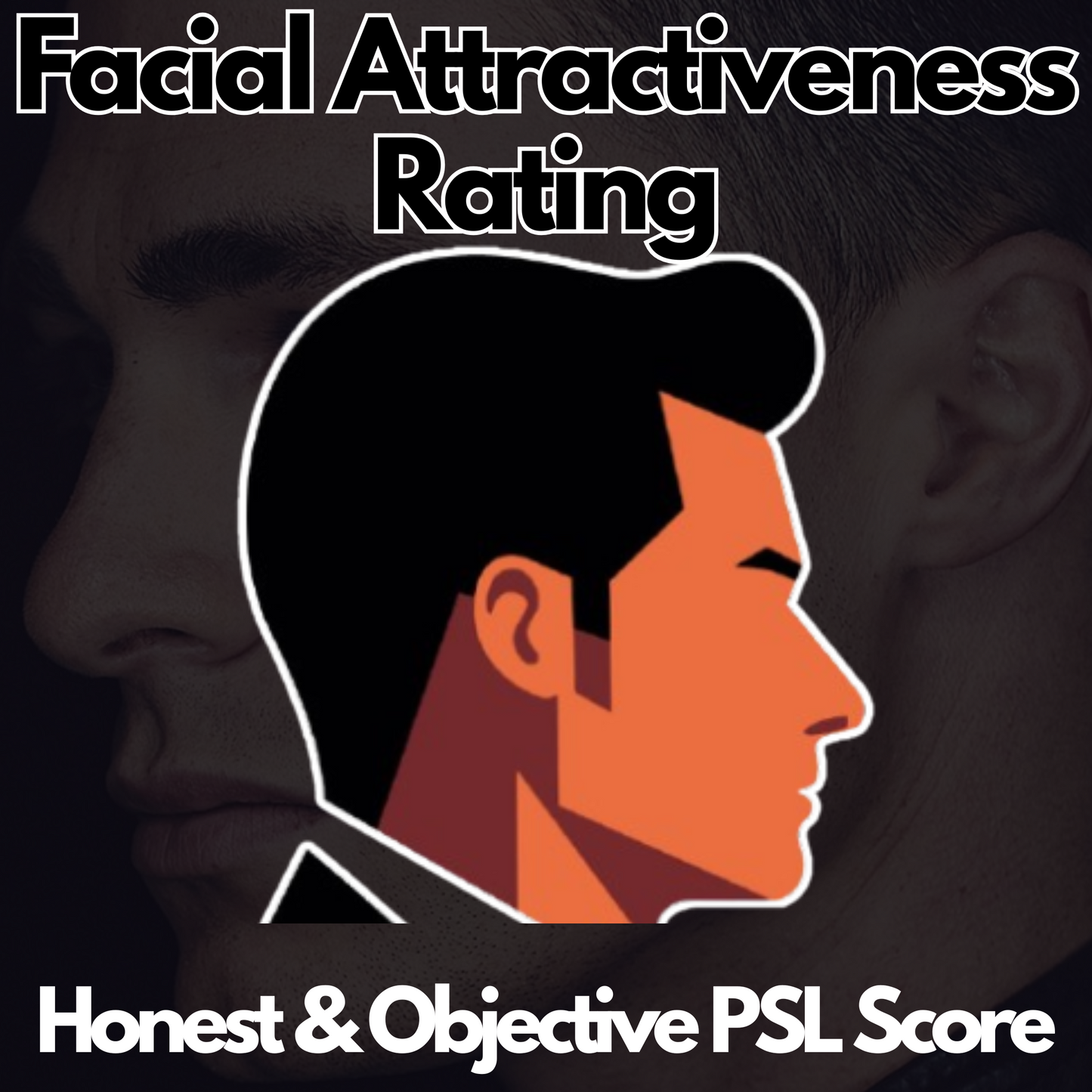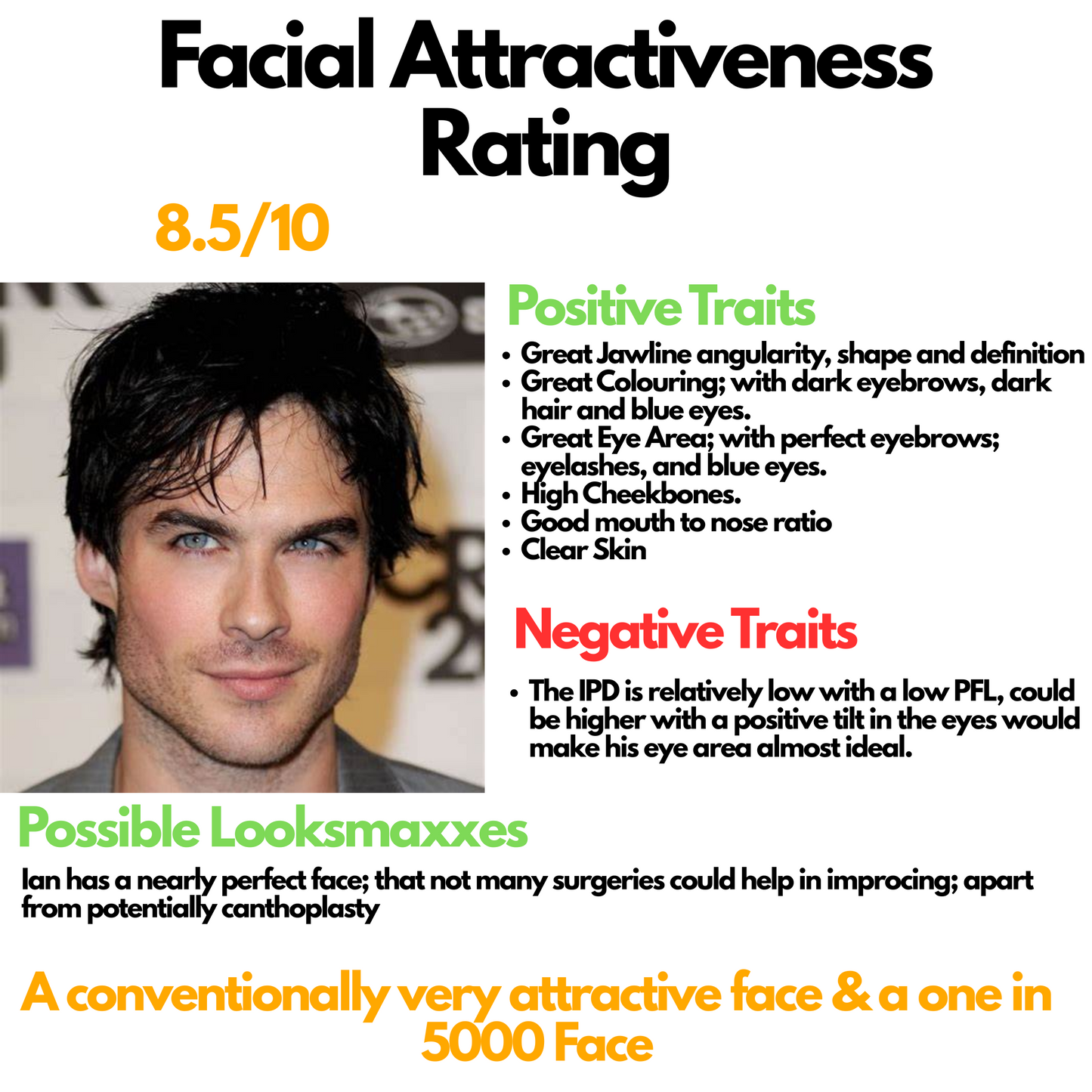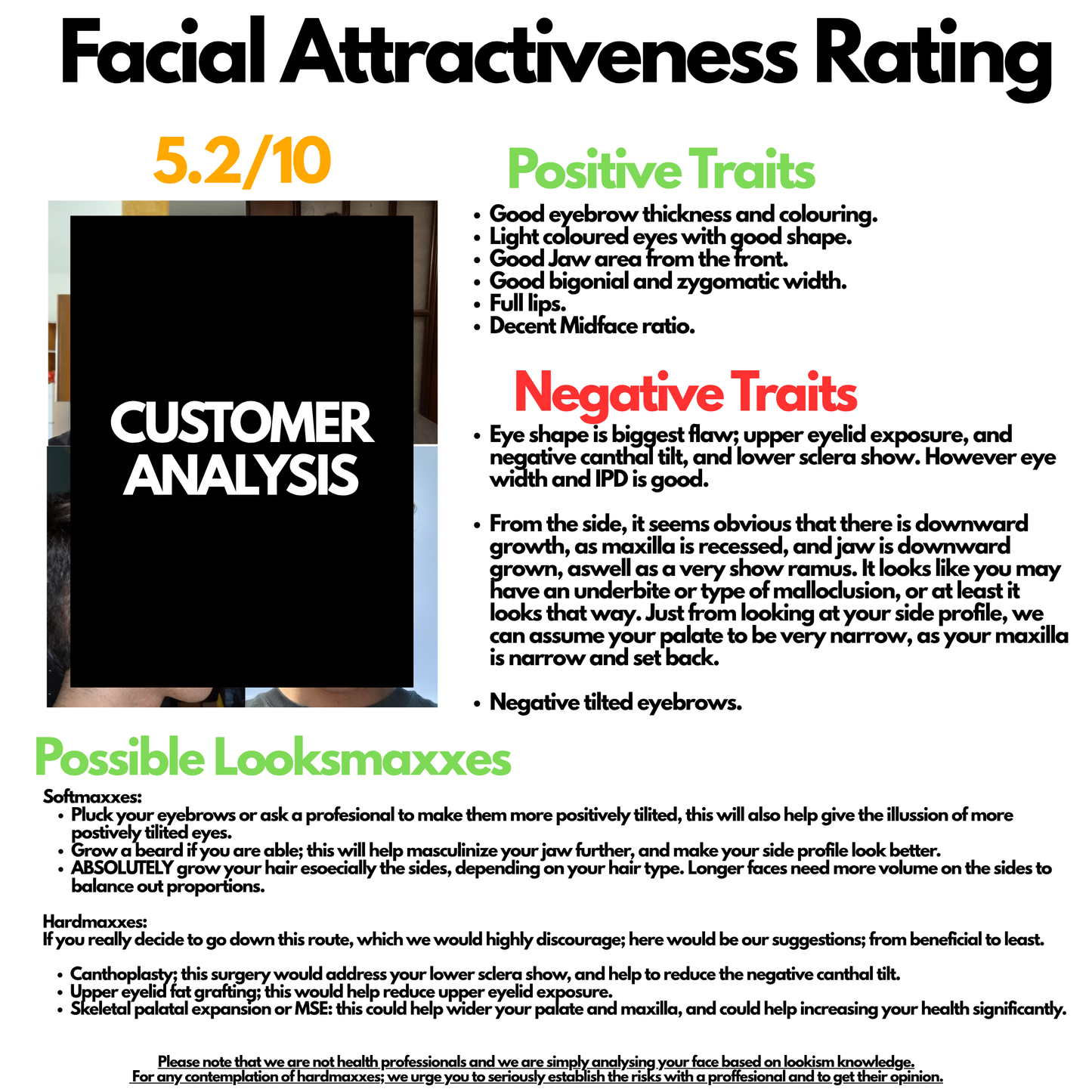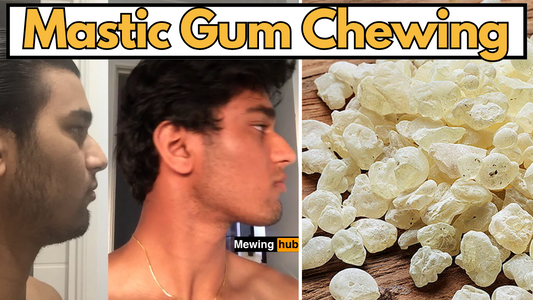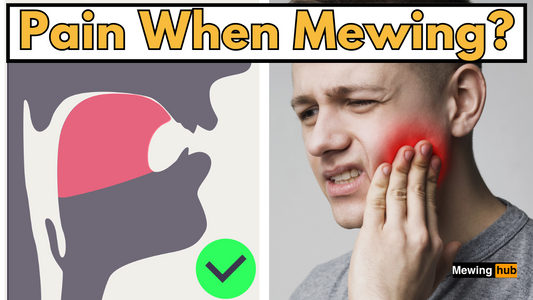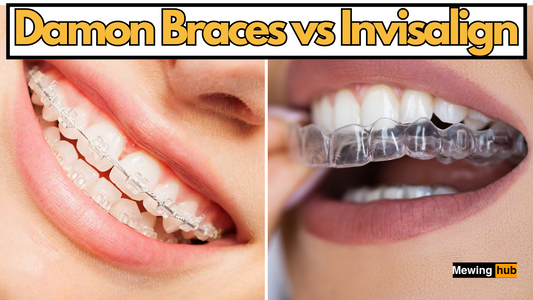SkinMaxxing: Looksmaxxing For Flawless And Acne Free Skin
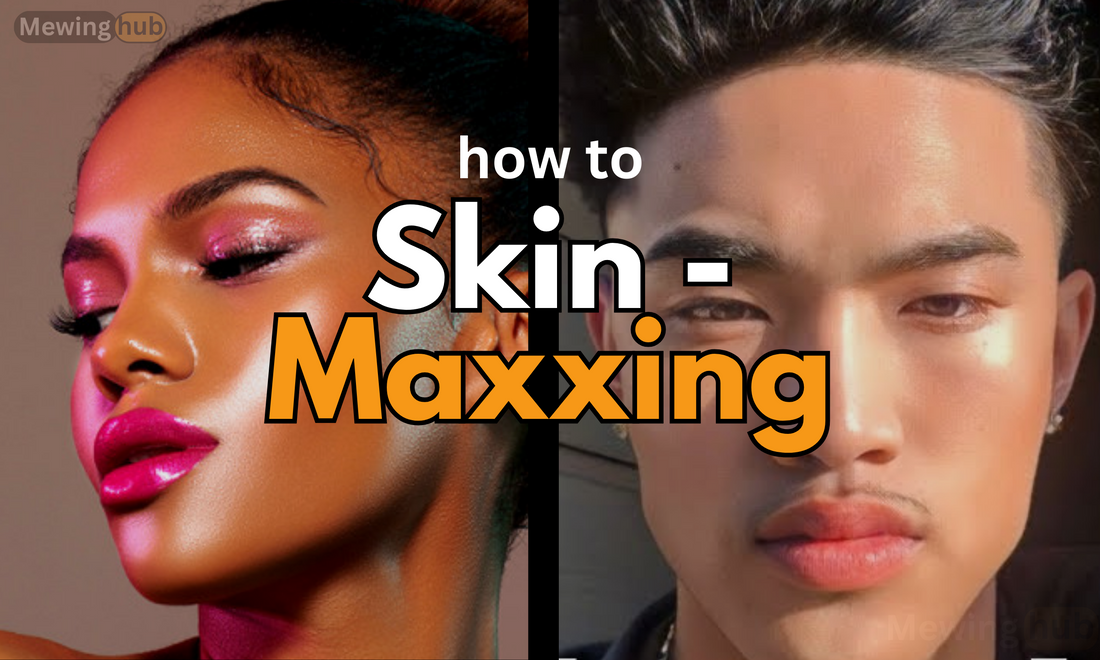
Share

Understanding Acne Types: Tailoring Your Approach
Types of Acne and Treatment Strategies
Effective acne management hinges on recognizing its various forms, each necessitating a specific treatment strategy. Here's a visual guide to different types of acne, including comedonal, inflammatory, cystic, and hormonal acne, displayed on various skin types:

Comedonal Acne:
Manifesting as blackheads and whiteheads, this type results from clogged pores. Salicylic acid or retinoids can prevent and treat it by promoting cell turnover.
Inflammatory Acne:
This form presents as red, swollen pimples. Benzoyl peroxide combats the bacteria, while niacinamide soothes inflammation.
Cystic Acne:
The most severe kind, cystic acne requires treatments like retinoids or hormonal interventions. Early treatment is crucial to avoid scarring.
Hormonal Acne:
Often appearing along the jawline, hormonal acne may respond to oral contraceptives or anti-androgen medications.
In-Depth Skinmaxxing Routine Development
Customized Skincare Routine
Developing a skincare routine that addresses individual concerns is foundational to skin health:
Routine Customization:
Tailor your skincare routine to address specific concerns, whether it's acne, hyperpigmentation, or premature aging, adapting as your skin evolves.
Layering Products:
Understand the correct order of skincare product application, from thinnest to thickest consistency, to maximize absorption and effectiveness.
Acne-Fighting Ingredients: Beyond the Basics
Essential Ingredients for Acne Management

Expanding on key acne-fighting ingredients provides a broader arsenal for combating skin blemishes:
Niacinamide:
This versatile vitamin B3 derivative regulates oil production, minimizes pores, and reduces redness and inflammation, complementing acne treatment regimens.
Tea Tree Oil:
Known for its antimicrobial properties, tea tree oil can be an effective topical remedy for reducing acne, especially for those seeking natural alternatives.
Vitamin C:
A powerful antioxidant, vitamin C helps brighten the skin, reduce hyperpigmentation, and promote collagen production.
The Miracle of Vitamin C

Vitamin C is an incredible ingredient to use regardless of your acne type or skin issue. It gives a beautiful glow to your skin, making it look shiny and is also known to tighten the skin, reducing fine lines and wrinkles as well as those pesky "dark spots". Diving deeper into the benefits of vitamin C reveals its multifaceted role in skincare:
Serum Selection: Opt for a vitamin C serum with a concentration suitable for your skin type and concern. Look for formulations with L-ascorbic acid, the most bioavailable form of vitamin C.
Stabilization and Storage: Ensure your vitamin C products are properly stabilized and stored away from direct light and heat to maintain their efficacy.
Exfoliation: A Key to Clear Skin
Proper Exfoliation Techniques

Proper exfoliation is crucial for removing dead skin cells and promoting cell turnover:
- AHAs vs. BHAs: Understand the difference between alpha-hydroxy acids (AHAs) for surface exfoliation and beta-hydroxy acids (BHAs) for deeper, pore-cleansing effects.
- Enzymatic Exfoliants: Explore enzymatic exfoliants as a gentler alternative to acids, particularly suitable for sensitive skin types.
Embracing Holistic Skincare Approaches
Integrating Holistic Practices
Integrating holistic practices enhances your skincare regimen's effectiveness:
- Mind-Skin Connection: Acknowledge the impact of stress and emotions on skin health, integrating mindfulness, meditation, or yoga to reduce stress-induced acne flare-ups.
- Sleep and Skin Health: Prioritize quality sleep, as poor sleep can exacerbate acne and accelerate skin aging. Establish a calming bedtime routine to support restorative sleep.
Nutritional Strategies for Skin Vitality
Anti-Acne Diet
Nutrition plays a pivotal role in skin health, influencing acne and overall skin condition:
- Anti-Acne Diet: Focus on a diet rich in whole foods, antioxidants, and anti-inflammatory nutrients to support skin healing and reduce acne occurrences.
- Avoiding Trigger Foods: Identify and minimize foods that may trigger acne, such as dairy or high-glycemic-index foods, personalizing your diet for optimal skin health.
The Impact of Environmental Factors on Skinmaxxing
Protecting Your Skin from Environmental Damage

Environmental influences can significantly affect skin health:
- Sun Protection: Consistent use of broad-spectrum SPF protects the skin from harmful UV rays, preventing post-acne hyperpigmentation and premature aging.
- Pollution Defense: Incorporate antioxidants and barrier-strengthening ingredients to shield your skin from pollution and environmental stressors.
Holistic SkinMaxxing Techniques
Stress Management for Better Skin
Stress has a profound impact on skin health, contributing to conditions like acne and eczema. Incorporating stress management techniques such as mindfulness meditation, yoga, and regular exercise can help reduce stress-related skin issues. The mind-skin connection is a crucial aspect of holistic skincare, emphasizing the importance of mental well-being for clear, healthy skin.
Regular Exercise and Skin Health
Exercise promotes circulation and helps flush toxins from the body, contributing to a healthier complexion. Regular physical activity can improve skin tone and texture, reduce stress, and support overall skin health. Incorporating a balanced exercise routine into your lifestyle is a key component of holistic skinmaxxing.
Advanced Skincare Treatments
Professional Treatments for Persistent Acne
For persistent or severe acne, professional treatments such as chemical peels, laser therapy, and microneedling can be effective. These treatments, performed by dermatologists or licensed skincare professionals, can provide deeper exfoliation, stimulate collagen production, and reduce acne scars, leading to clearer, smoother skin.
Conclusion: Skinmaxxing Your Path to Skin Excellence
Embarking on a looksmaxxing journey to clear, radiant skin is a multifaceted endeavor that combines targeted skincare treatments, dietary adjustments, stress management, and environmental protection.
By immersing yourself in the nuances of skincare ingredients and embracing a holistic approach to health, you can unlock the secret to a blemish-free, glowing complexion. Commit to this comprehensive skincare voyage, and witness the transformation as your skin reveals its true, vibrant potential.


